One of the questions that I frequently get asked
is how board members can limit their personal liability. At one point, I taught a course called “Duties and Liabilities of Boards”. My husband referred to it as the “scare the board course”. I no longer teach this course, not because it isn’t important, but because I found that board members struggled with the huge amount of legal information and found it difficult to find real ways of implementing the information.
So. In this world of frequent court cases and liability issues, how do we make sure that those who take on the task of governing the organization are protected?
A very important disclaimer…
I’m not a lawyer, so if you have specific questions about liability, you really owe it to yourself to consult legal counsel. But what I do know is that one of the most effective tools for limiting your liability is due diligence. Due diligence is defined as: the care that a reasonable person exercises to avoid harm to other persons or their property.
So how do you make sure you’ve done your due diligence?
The strategy I recommend is deceivingly simple: read everything you’re given and ask questions when you don’t understand. Those of you who have experience with thick board meeting pre-reading packages just groaned at me!! That’s why I say it’s deceiving. Unless your board has been intentionally involved in determining what should be in those reading packages, you may be getting way more (or way less) than you actually need for your due diligence.
Let’s look at an example.
Boards are responsible for determining and monitoring the operations of an organization. So what information do you need in order to do this? You likely need regular updates regarding how each of the programs, products, or services are doing but you may not need a monthly report from each of the C-suites or the staff responsible as the case may be. It may be enough to have a synopsis of updates in your monthly ED/CEO report and an annual update from management.
Let’s dig deeper.
What kind of information do you need from each program, product, or services? Do you need anecdotal information about how the individual operations are doing or do you need hard numbers (both are valid – YOU need to determine which type of information you need – and if different board members need different kinds of information, try to come up with a format that works for all of you). Perhaps you just need to know what is going well and what has become a challenge.
There is no need to overwhelm yourself with thick board packages but it is critical that you have enough of the correct information to be duly diligent in your role as board member. Figure out what information you actually NEED (see the quick questions below if you’re not sure how to do this), then use it to make informed, strategic decisions.
How to decide what information you actually need in your meeting package…
The biggest questions you need to answer are:
- What could go wrong if I DID NOT have that information?
- What could improve if I DID have that information?
If your answer to both of these questions is “nothing”…you probably don’t need the information.
Ask for the information you need, change the way you receive the information, make sure the reports and pre-reading you receive are necessary. This is a critical step in making due diligence less overwhelming.
Check your next meeting package. Is there anything included that you don’t really need? Is there anything missing that would improve your decision-making?

